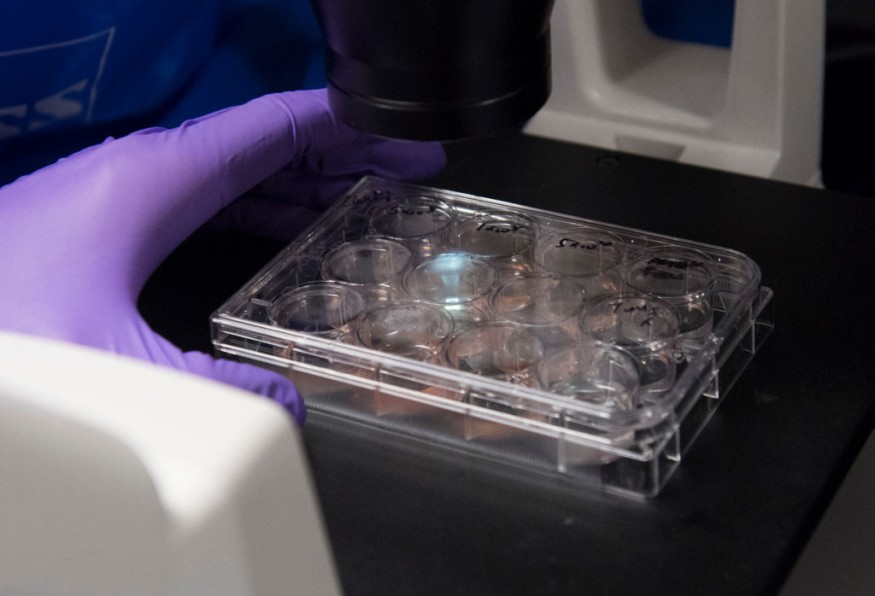Gastroesophageal junction cancer or GEJ cancer has now a potential treatment after a new study led by scientists from the United States developed a human tissue model.
This emanates from a drug that can carry a possible biological target toward treating GEJ cancers. The researchers also showed the drug can slow down or stop the growth of such tumors in mice.
Human Tissue Model

Novel findings about GEJ cancer and the development of a human tissue model was published in the journal Science Translational Medicine, wherein researchers from the Johns Hopkins Medicine, under the Johns Hopkins University, explored the aggressive cancer and the inactivation of the tumor suppressor genes: tumor protein p53 (TP53) and cyclin-dependent kinase inhibitor 2A (CDKN2A).
The research team discovered that dual knockout of the genes in anthropogenic organoids grown from human tissue creates a model of and potential therapeutic target for gastroesophageal junction cancer, as summarized by the American Association for the Advancement of Science (AAAS).
The AAAS also the Johns Hopkins Medicine team stated they have created a laboratory-grown, three-dimensional "organoid" model which is designed to advance our understating about how the early stages of cancer develop at GEJ.
What is Gastroesophageal Junction Cancer?
Also known as gastroesophageal junction adenocarcinoma, GEJ cancer is a rare type of cancer in the esophagus, the tube that connects one's mouth and stomach. The cancer starts in the gastroesophageal (GE) junction, the area where the said esophagus and stomach join together. The cancer grows and multiplies from cells that make mucus, according to WebMD.
The main causes for GE junction adenocarcinoma remain unknown. However, the online medical news website postulates that irritation in the esophagus causes normal or healthy cells to turn into cancer. The following causes may include:
- gastroesophageal reflux disease or GERD
- Barrett's esophagus
- obesity
- smoking
- lack of eating fruits and vegetables
In addition, the website adds the symptoms of the food pipe-stomach intersection cancer:
- feeling of pressure or burning in the chest
- unexpected weight loss
- struggle in swallowing solid, dry foods
- anemia symptoms like pale skin, tiredness, or breathing problems
- hoarse voice or dysphonia
GEJ Cancer Cases
In a separate yet related study published in the American Society of Clinical Oncology (ASCO) Educational Book, researchers said that the incidence of GEJ adenocarcinomas has been increasing in the past few decades, creating the urgency for effective therapeutic strategies.
The study highlights that treatment of locally advanced GEJ tumors or GEJ cancers, in particular, poses a unique challenge because these tumors have generally been looked at as either esophageal or gastric cancers. Due to the uncertainty towards a unified approach towards the said cancer type, preoperative management is still unclear.
In 2018, there were a combined total of over 1.6 million new cases and over 1 million related deaths from GEJ cancer, according to the ASCO study. Until now, there is no known cure or vaccine for GEJ cancers.
© 2026 NatureWorldNews.com All rights reserved. Do not reproduce without permission.





